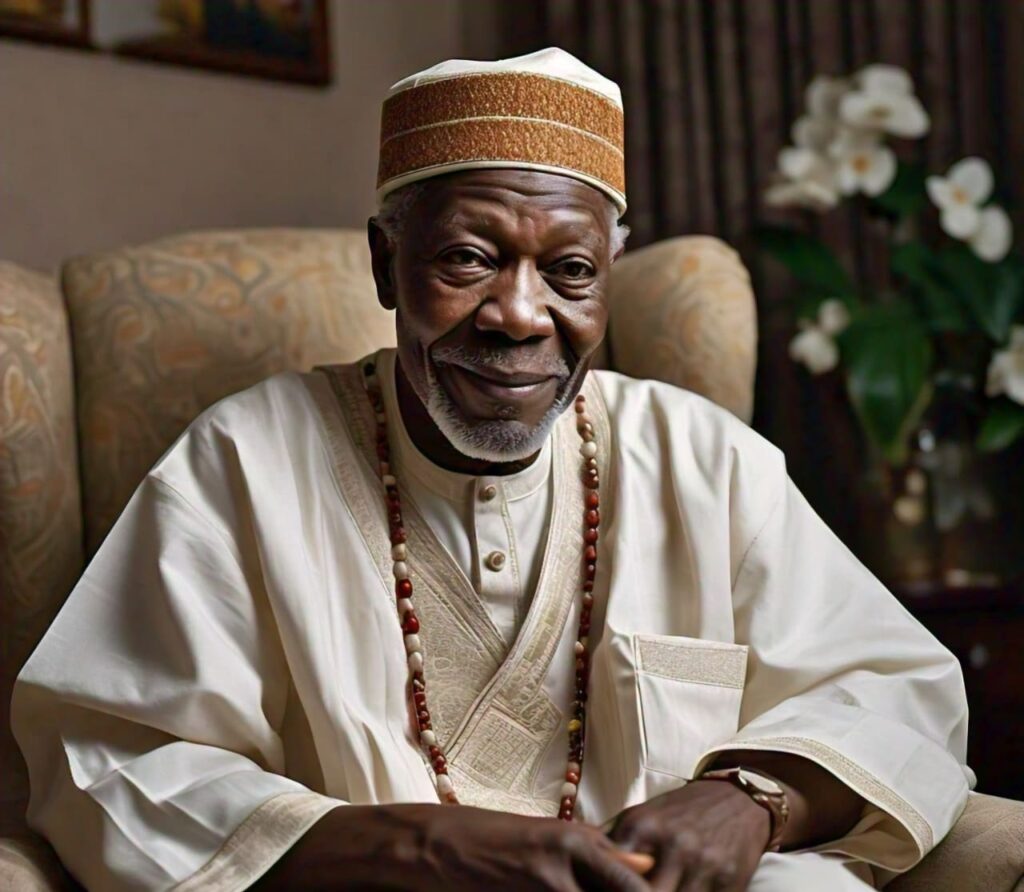
In Nigeria, many older people experience what is called elderly abandonment, where they are left without the care and support they need. This problem is growing and has serious effects on their health and happiness.
Elderly Abandonment means leaving the elderly alone, without help or emotional support. This issue is not just a personal problem but a critical one that affects entire communities. Understanding elderly abandonment happens and its impacts can help us find solutions to protect and care for our older generation.
What Does Elderly Abandonment Mean in Nigeria?
Elderly abandonment in Nigeria means leaving them without support, care, or companionship. For older people, this can mean being left alone with no one to help with their daily needs or provide emotional support. This can happen when family members or caregivers neglect their responsibilities, leaving the elderly isolated and without help.
Why Abandonment Affects Older People More
- Increased Vulnerability: Older people are often more physically frail and may need help with basic activities like eating, bathing, or taking medication.
- Fewer Social Connections: As people age, they may lose friends or family members, leaving them with fewer social interactions and less support.
- Health Problems: Older individuals often have more health issues that require ongoing care, making abandonment more harmful.
- Dependence on Others: Older people are usually more dependent on family or caregivers for their well-being, so when they are abandoned, their daily needs go unmet.
Why Does Elderly Abandonment Happen?
Elderly abandonment happens for several reasons:
- Economic Struggles: Many families face financial difficulties and cannot afford to care for elderly members. They may struggle with costs like medical care and daily needs.
- Busy Lifestyles: Younger family members may have busy lives with work and personal responsibilities. They might not have enough time to provide the needed care.
- Lack of Awareness: Some people may not realize how important it is to care for the elderly or how to do it properly. This can lead to neglect.
- Family Conflicts: Disagreements and conflicts within families can lead to a lack of support for elderly members, causing them to be abandoned.
- Health Issues: Caring for elderly people with serious health problems can be challenging. Some families may feel overwhelmed and unable to provide the necessary care.
- Cultural Changes: In some areas, traditional family structures and values are changing. This shift can lead to less support for older family members.
Understanding these reasons helps in finding ways to better support and care for our elderly loved ones.
Implications of Elderly Abandonment on Mental Health and Well-being
- Increased Loneliness: Without family or friends around, older people can feel very lonely. This isolation can lead to sadness and depression.
- Mental Health Decline: Being abandoned can worsen mental health problems like anxiety and depression. The lack of emotional support can make these issues worse.
- Physical Health Problems: Abandoned elderly individuals may not get the medical care or help they need, leading to worsening health conditions.
- Loss of Purpose: Without social interaction, older people might lose their sense of purpose and feel unimportant or unwanted.
Additional Implications of Elderly Abandonment on Mental Health and Well-being
Aside from loneliness, mental health decline, physical health problems, and loss of purpose, here are other implications of elderly abandonment on older people’s mental health and overall well-being:
- Increased Vulnerability to Abuse: Abandoned older individuals may be more susceptible to physical or emotional abuse because they lack protection and support.
- Deterioration of Cognitive Function: Lack of social interaction and mental stimulation can lead to a faster decline in cognitive abilities, such as memory and problem-solving skills.
- Decreased Quality of Life: Without regular care and companionship, older people may experience a reduced quality of life, feeling neglected and neglected.
- Poor Nutrition: Abandoned seniors might not get proper food and nutrition, leading to malnutrition and related health issues.
- Higher Risk of Accidents: Without assistance, older people are at greater risk of accidents and falls, which can result in serious injuries.
- Feelings of Helplessness: Abandonment can lead to feelings of helplessness and despair, as older people may feel that they are no longer valued or needed.
Benefits of Having Supportive People Around

Taking care of older family members is a big responsibility, but it’s also a chance to show love and appreciation.
- Emotional Comfort: Having family and friends around provides emotional support, helping older people feel loved and valued.
- Better Mental Health: Regular social interactions can improve mood and reduce feelings of loneliness and depression.
- Improved Physical Health: Supportive caregivers can ensure that older people get proper medical care, leading to better health outcomes.
- Increased Sense of Purpose: Being around people who care can give older individuals a sense of purpose and belonging.
Additional Benefits of Having Supportive People Around

Watching our parents grow older is a natural part of life. We all want to see them happy, healthy, and enjoying their golden years.
In addition to emotional comfort, better mental health, improved physical health, and an increased sense of purpose, here are other benefits of having supportive people around older individuals:
- Enhanced Safety: Supportive people can help keep older individuals safe, preventing accidents and ensuring they follow medical advice.
- Better Cognitive Function: Regular social interaction can help keep the mind sharp, improving memory and cognitive abilities.
- Motivation for Healthy Habits: Encouragement from family and friends can motivate older people to stick to healthy routines, like exercising and eating well.
- Reduced Stress: Having a support system helps reduce stress by sharing responsibilities and providing comfort during difficult times.
- Increased Social Engagement: Supportive people can help older individuals stay socially active, participating in community events and activities.
- Improved Financial Management: Family members can assist with managing finances, ensuring that older people make informed decisions about their money and avoid financial issues.
Elderly Abandonment in Nigeria: A Call for Action
Many older people in Nigeria are facing elderly abandonment. They often feel lonely, have health problems, and forget things easily. This is a big problem that needs to be fixed. Things like poverty, changing family life, and different beliefs make it even harder for them.
To help these older people, we need to do several things. First, we must tell people how important it is to care for the elderly. Second, we should give money to families who need help taking care of their older loved ones. Lastly, we should create places in communities where older people can get help with their health and have fun with others.
It’s also important for young people to spend time with their grandparents or older relatives. This makes the older people happy and helps them feel like they belong. When older people are happy and healthy, it makes our whole community better.
Taking care of our elderly is the right thing to do. They are valuable members of our society. By working together, we can make sure they live happy and healthy lives.



